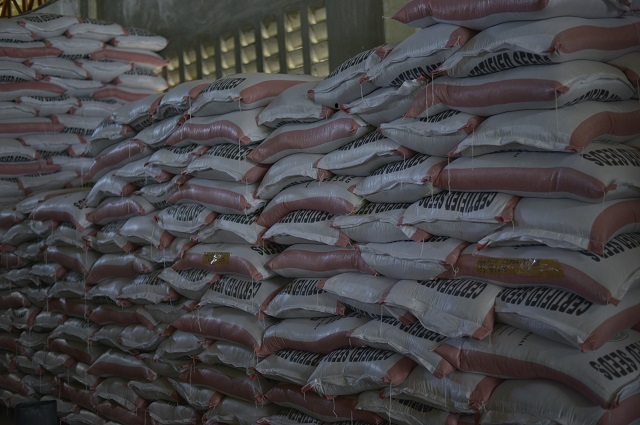
Experts from the plant industry are intensifying quarantine and pest-risk analysis (PRA) procedures to protect consumers and farmers from the entry of unsafe imported rice and palay.
“PRA is a very important part of the pre-border quarantine to identify risks associated from commodities imported to our country like palay. This is to avoid the threats of pests and seed-borne diseases from other countries,” said Gerald Glen F. Panganiban, Bureau of Plant Industry (BPI)’s Assistant Director for Regulation.
Panganiban explained that as pre-offloading quarantine measure, experts examine the conditions of imported commodity, its performance, and risks attached to its importation.
Study published in the book, “Competitiveness of Philippine Rice in Asia,” found that farmers from neighboring countries such as Vietnam and Thailand, “intensively apply” pesticides throughout the rice growing season. With the lifting of the quantitative restriction, a larger volume of imported rice and rice seeds is expected from these countries.
Another study from the National Crop Protection Center, University of the Philippines Los Baños showed that rice receives the largest volume of pesticides particularly during post-harvest and remain on the husk. The study also shows that environmental risks from pesticides can emerge from rice cultivation as residues passing through irrigation canals eventually end up in bodies of water.
Panganiban added that the country has been importing rice seeds before the implementation of rice tariffication law.
“We have been importing rice seeds for research and propagation, but not for planting. BPI is willing to work and collaborate to ensure the safety of the rice and plant industry,” Panganiban said.
Panganiban also urged the public to be vigilant.
“If you know of a commodity, which has entered the country without quarantine, do not hesitate to contact BPI,” he said.




